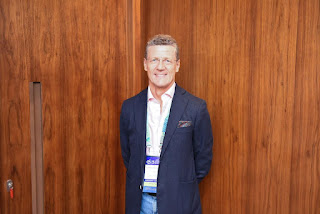
10th Session of the WIPO Conversation on IP & Frontier Technologies, AI Output: To Protect, or Not to Protect – that is the IP Question
The World Intellectual Property Organization (WIPO) will hold the Tenth Session of the WIPO Conversation on Intellectual Property and Frontier Technologies (formerly WIPO Conversation on IP and AI) on 5 and 6 November 2024. The...






















